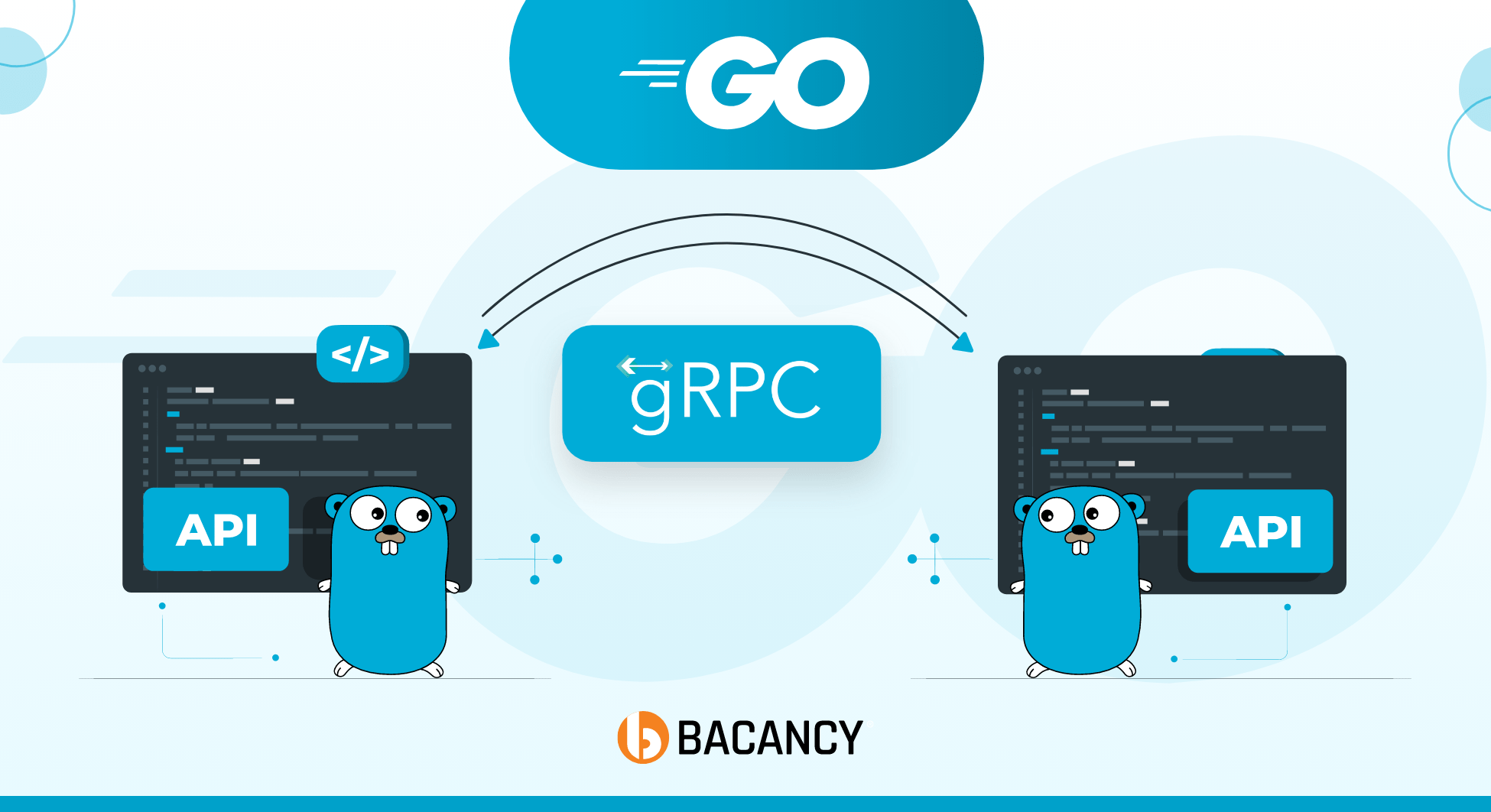Table of Contents
Introduction to Heroku Cloud
Heroku is a popular platform-as-a-service (PaaS) that allows developers to deploy and run applications on the cloud. It supports multiple programming languages, including Go, making it easy for developers to build and deploy their Go applications. In this article, we will discuss how to use Heroku to deploy Golang application.
Step-by-step Guide to Use Heroku to Deploy Golang Application
To deploy Golang app on Heroku cloud platform, follow the steps mentioned below. Before you begin, here are the pre-requirements that you must consider.
Prerequisites before using Heroku to deploy Golang application
- Basic knowledge of Golang and Git.
- Install git in your system if not already installed because Heroku will depend on it for deployment.
- If your project is unavailable in Git, then commit your application changes in git.
Step 1: Set Up a Go Development Environment
To get started, you need to have a Go development environment set up on your local machine. You can download and install Go from the official website.
Step 2: Initialize a Go Module
Go Modules is a package management system for Go that provides versioning and dependency management. By using Go Modules, developers can easily manage their dependencies and ensure that their applications run smoothly on different systems, without the need to set up a GOPATH environment variable.
To create a Go application with Go Modules, you need to initialize a new Go Modules project. You can do this by running the following command in the terminal:
Step 3: Create a Basic Golang Application
Next, you can create a simple Go application, such as a basic Hello World program. The code for this program is as follows:

package main
import (
"fmt"
"net/http"
)
func main() {
http.HandleFunc("/", func(w http.ResponseWriter, r *http.Request) {
fmt.Fprintln(w, "Hello World!")
})
http.ListenAndServe(":8080", nil)
}
Now comes the essential part of Golang hosting.
Are you in need of a skilled and experienced Golang developer to help bring your projects to life?
Hire Golang developer from Bacancy to get all aspects of Go programming, including concurrency, networking, and interoperation with other languages
Step 4: Create a Heroku Account
To deploy your application on Heroku, you need to create a Heroku account. Sign-up for a free account on the official website.
Step 5: Verify Heroku Account
To verify your Heroku account, you can follow these steps:
1. Log in to your Heroku account.
2. Go to the “Account Settings” page.
3. Click on the “Verify Account” button.
4. Follow the steps to provide and verify your personal information, including your full name, address, and phone number.
5. Provide payment information to verify your account, which can be a credit card or PayPal account.
Step 6: Install the Heroku CLI
The Heroku CLI (Command Line Interface) allows you to manage and deploy your applications from the terminal. To install the Heroku CLI, follow the instructions below
1. Go to the Heroku CLI download page: Heroku CLI.
2. Select your operating system (Windows, MacOS, or Linux) and follow the instructions to download and install the Heroku CLI.
3. Open a terminal or command prompt window & type the command:
4. Enter your Heroku credentials to log in.
Step 7: Create a New Heroku Application
To create a new Heroku application, run the following command in the terminal:
Step 8: Deploy Golang App on Heroku
To use Heroku to deploy Golang application, you need to create a Procfile file that specifies the command to run the application. The contents of the Procfile file should be as follows:
Next, add the files in your Go application to a Git repository and push the repository to Heroku using the following commands:
Step 9: Launch the Application
After the application is successfully deployed, you can launch it by running the following command:
The Go application was deployed to Heroku and opened using the heroku open command. The application’s output, “Hello, World!” is displayed in a web browser. The URL of the application on Heroku is also shown in the web browser’s address bar.
You are successful with Heroku Golang now. Your Go application is now running on Heroku. You can access it through the URL in the terminal as an output of the above heroku open command.
Conclusion
Heroku is a convenient platform for deploying and running Go applications. Its ease of use and support for multiple programming languages make it a popular choice for many developers. Additionally, Heroku Go combination offers a variety of tools and services that make it simple to manage and scale your applications as they grow. Whether you are a beginner or an experienced developer, Heroku is an excellent option for hosting your Go applications.
We hope you found the tutorial to use Heroku to deploy Golang application. For more such valuable lessons, find our Golang tutorials.
Frequently Asked Questions (FAQs)
Yes, Heroku supports Golang by offering the buildpack that makes easy and manageable deployment of Golang applications..
Here is the list of requirements needed to deploy a Golang application using Heroku:
- A Git repository
- A Heroku account
- A Golang buildpack
- A Procfile
- Third-party libraries and packages
For a detailed tutorial on how to use Heroku to deploy your Golang application, go through the blog.
Using Heroku to deploy Go apps brings several advantages, such as automatic scaling of your Go application, flexibility for surging traffic, needing no additional servers or third-party libraries, saving time, etc.
When using Heroku to deploy Golang applications, you must follow these best practices:
- Use Papertrail and or Sentry for production-grade logging and tracking glitches.
- Use Datadog to keep track of your Go app.
- Manage configuration settings using variables.
- Handle heavy traffic with Heroku’s automatic scalability feature.
Yes, Heroku supports different databases like MongoDB, Postgre, and MySQL to configure your Golang applications.
Your Success Is Guaranteed !
We accelerate the release of digital product and guaranteed their success
We Use Slack, Jira & GitHub for Accurate Deployment and Effective Communication.










